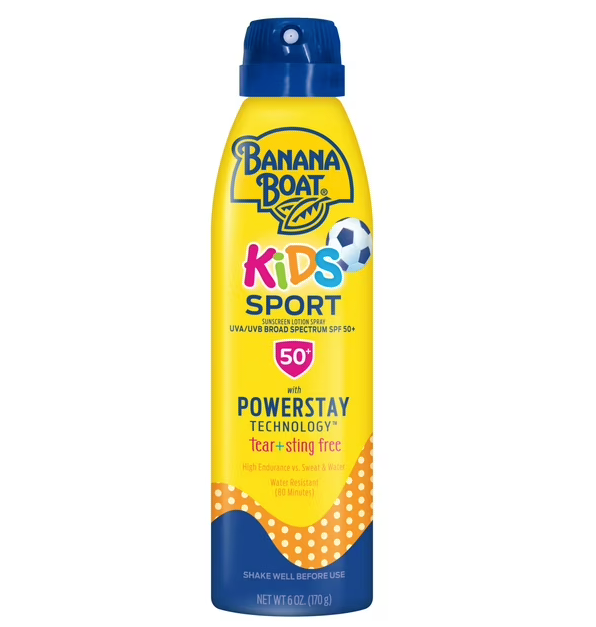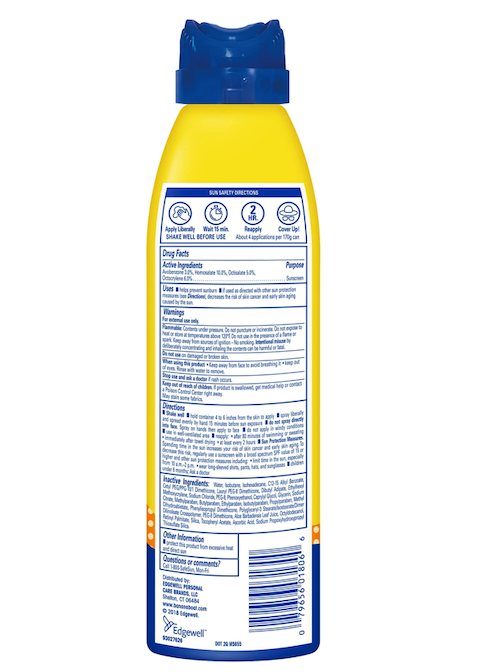When it comes to protecting our skin from the harmful effects of the sun, sunscreen is an essential tool. However, many people find themselves wondering why sunscreen can be so expensive. In this blog post, we will explore the factors that contribute to the cost of sunscreen and shed light on why it is worth the investment.
1. Research and Development
Creating an effective sunscreen requires extensive research and development. Scientists and experts spend countless hours studying the effects of UV radiation on the skin and formulating the best combination of ingredients to provide optimal protection. This research comes at a cost, which is reflected in the price of the final product.
2. High-Quality Ingredients
Sunscreens contain a variety of ingredients that work together to shield the skin from harmful UV rays. These ingredients, such as zinc oxide and titanium dioxide, are often more expensive than other cosmetic ingredients. Additionally, high-quality ingredients are necessary to ensure the sunscreen is safe and effective.
3. Testing and Certification
Before a sunscreen can be sold to the public, it must undergo rigorous testing to ensure its safety and efficacy. This testing is conducted by independent laboratories and regulatory bodies to verify that the product meets the necessary standards. The cost of these tests and certifications is passed on to the consumer.
4. Sun Protection Factor (SPF)
The Sun Protection Factor, or SPF, is a measure of how well a sunscreen protects the skin from UVB rays. Higher SPF ratings require more active ingredients, which can increase the cost of the sunscreen. It is important to note that higher SPF does not necessarily mean better protection, as SPF 30 already provides 97% protection against UVB rays.
5. Manufacturing and Packaging
The process of manufacturing sunscreen involves specialized equipment and facilities to ensure the product is produced under strict quality control measures. Additionally, sunscreen packaging must be designed to protect the product from degradation caused by exposure to light and air. These factors contribute to the overall cost of sunscreen.
6. Regulatory Compliance
Sunscreens are subject to strict regulations and guidelines set by regulatory bodies, such as the Food and Drug Administration (FDA). Compliance with these regulations requires additional resources and can increase the cost of sunscreen production.
7. Marketing and Distribution
Bringing a sunscreen to market involves marketing and distribution efforts, including advertising campaigns, packaging design, and retail partnerships. These activities require financial investment, which is reflected in the price of the product.
While the cost of sunscreen may seem high, it is important to remember the significant benefits it provides. Sunscreen helps prevent sunburn, skin cancer, premature aging, and other harmful effects of UV radiation. Investing in a high-quality sunscreen is an investment in your long-term skin health.
Next time you reach for a bottle of sunscreen and notice the price tag, remember the extensive research, high-quality ingredients, testing, and regulatory compliance that go into creating this essential product. By understanding the factors that contribute to the cost, you can make an informed decision and prioritize the health of your skin.



